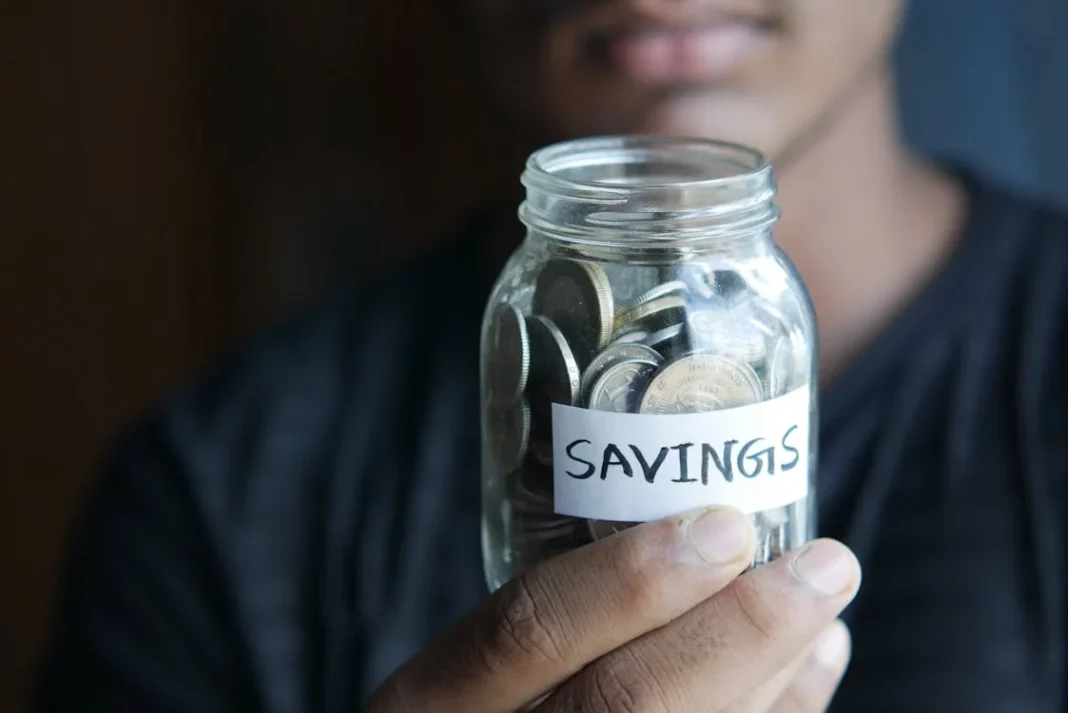Digital Wallets the Future of Payments: Swipe, Tap, and Done
Digital wallets are revolutionizing the way we pay for goods and services, signaling that digital wallets are the future of payments. As technology advances, traditional methods like cash and cards are gradually being replaced by smartphone-based solutions such as Apple Pay, Google Wallet, and PayPal. But what makes digital wallets the preferred choice, and are they truly the future of payments?
In this article, we’ll explore how digital wallets are reshaping the payment landscape and discuss their benefits, challenges, and impact on society.If you’re interested in learning more about how to build wealth with smart money strategies, check out our How Financial Leverage Can Multiply Your Wealth
What You Will Learn
By reading this article, you will:
- Understand the key benefits and challenges of using digital wallets.
- Learn how digital wallets protect your data while simplifying payments.
- Discover practical steps for adopting digital wallets as a consumer or a business.
- Gain insights into how digital wallets are shaping a cashless future.
What Are Digital Wallets, and Why Are They the Future of Payments?
Understanding Digital Wallets: How They Work and Why They Matter
Digital wallets are software-based systems that securely store payment information and allow users to transact without cash or cards. They are considered the cornerstone of the shift toward a cashless economy, making digital wallets the future of payments.
Popular Digital Wallets Leading the Payment Revolution
Some of the leading digital wallets include:
- Apple Pay
- Google Wallet
- Samsung Pay
- PayPal
- Venmo
If you want to ensure safe usage, check out this A beginner’s guide to digital wallets by Bankrate.
Key Features of Digital Wallets: The Advantages Driving Their Popularity
Digital wallets stand out for several reasons:
- Convenience: They allow for faster and easier payments.
- Security: Encryption and biometric authentication ensure your data is protected.
- Integration: They seamlessly connect with banks, loyalty programs, and even cryptocurrency wallets, making them highly versatile.
Why Digital Wallets Are the Future of Payments
1. Convenience Redefined: Why Digital Wallets Are the Payment Method of Choice
Digital wallets eliminate the need to carry multiple cards or cash. By consolidating all your payment methods into one app, they make transactions faster and more efficient. This innovation underscores why digital wallets are the future of payments.
2. Unparalleled Security: How Digital Wallets Keep Your Data Safe
Security is a major reason digital wallets are gaining traction. Advanced encryption, tokenization, and biometric verification ensure your financial data stays protected, making them ideal for secure transactions.
3. Contactless and Hygienic: The Future of Payment Technology
The COVID-19 pandemic highlighted the importance of contactless payment solutions. Digital wallets provide a touch-free payment experience, further cementing their role as the future of transactions.
4. Global Payments Simplified: How Digital Wallets Remove Barriers
Travelers love digital wallets for their ability to simplify cross-border payments without the hassle of currency exchanges. Their global usability ensures their place in the future of payments.
5. Personal Finance Integration: Managing Money Through Digital Wallets
Beyond payments, many digital wallets provide tools for tracking expenses and managing budgets. Consequently, they help users gain better control over their finances.
Challenges of Adopting Digital Wallets
1.Limited Access: Barriers to the Widespread Use of Digital Wallets
Not everyone has access to the tools required for digital wallets, such as smartphones or stable internet. These limitations slow the adoption of what many consider the future of payments.
2.Businesses Adapting to the Digital Wallet Era
While consumers are quick to adopt digital wallets, businesses face hurdles such as integration costs, technical barriers, and staff training requirements.
3. Privacy Concerns: Protecting Your Personal Data in Digital Wallets
Additionally, some users express concerns about privacy. They worry about how digital wallet providers handle their data and whether their spending habits are being tracked or shared with third parties.
4. Reliance on Technology: The Drawbacks of Digital Wallets in a Tech-Dependent World
Finally, digital wallets rely heavily on technology. If your phone battery dies or there is a system outage, you may find yourself unable to complete transactions. Therefore, it is essential to have a backup plan in such situations.
How to Prepare for a Cashless Future with Digital Wallets
For Individuals: Embracing Digital Wallets for a Cashless Lifestyle
- Choose the Right Digital Wallet: Research different digital wallets and select one that aligns with your lifestyle and needs.
- Secure Your Digital Wallet: Always use strong passwords, enable two-factor authentication, and be cautious about sharing sensitive information.
- Backup Payment Methods: Carry a physical card or a small amount of cash for emergencies, just in case.
For Businesses: How to Integrate Digital Wallets Into Your Payment System
- Upgrade Your Systems to Accept Digital Wallet Payments: Invest in modern point-of-sale systems that support digital wallet payments to stay competitive.
- Educate Your Team on Digital Wallet Transactions: Train employees on how to process digital wallet transactions effectively to ensure a smooth customer experience.
- Promote Your Business’s Digital Wallet Capabilities: Highlight your business’s acceptance of digital wallets through marketing to attract tech-savvy consumers.
FAQs About Digital Wallets and Their Role in the Future of Payments
1. Are Digital Wallets Safe to Use?
Yes, digital wallets are highly secure. They use encryption and authentication methods to protect your data. Nonetheless, it’s essential to use trusted wallets and avoid sharing personal information online.
2. Can Digital Wallets Replace Cash Completely?
While digital wallets are increasingly popular, cash still plays a role in many parts of the world. Therefore, a fully cashless society might still take time to become a reality.
3. What Happens if I Lose My Phone with My Digital Wallet?
Fortunately, most digital wallets offer features that allow you to lock or erase your wallet remotely. This ensures your financial information remains safe even if your device is lost or stolen.
4. Are Digital Wallets Free?
Most digital wallets are free for personal use. However, certain features, such as cross-border transactions, may come with fees.
5. Can Businesses Benefit from Digital Wallet Payments?
Absolutely. Digital wallets offer faster checkout processes, reduced cash handling, and appeal to a tech-savvy audience, making them a valuable tool for businesses.
Summary
Digital wallets are reshaping how we manage and spend money, offering enhanced convenience, security, and versatility. While challenges such as accessibility and privacy concerns remain, the increasing adoption of digital wallet technology suggests a future where digital wallets are central to financial transactions.
Whether you’re a consumer looking for convenience or a business aiming to modernize, embracing digital wallets can help you stay ahead in an increasingly cashless world. So, swipe, tap, and step confidently into the future of payments!






